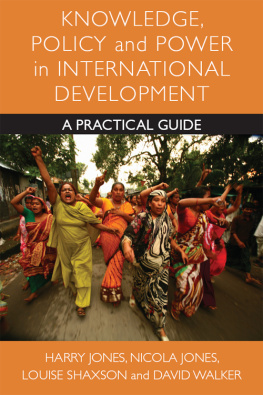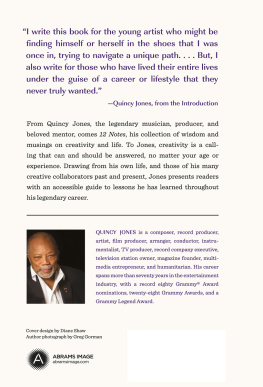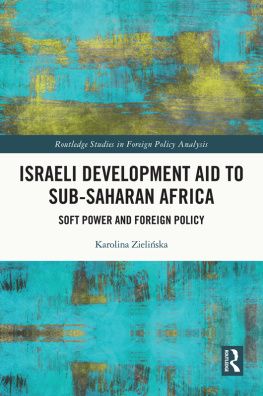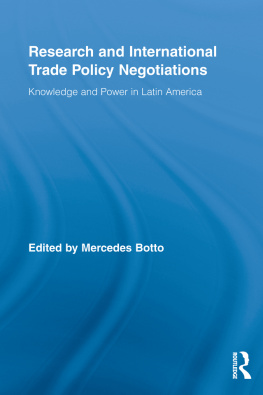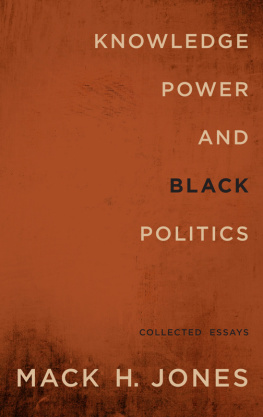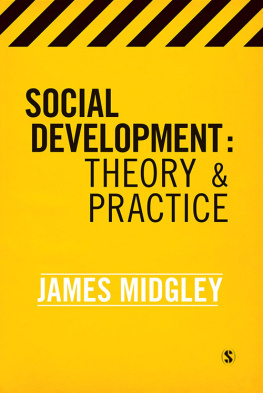First published in Great Britain in 2012 by
The Policy Press
University of Bristol
Fourth Floor
Beacon House
Queens Road
Bristol BS8 1QU
UK
t: +44 (0)117 331 4054
f: +44 (0)117 331 4093
tpp-info@bristol.ac.uk
www.policypress.co.uk
North American office:
The Policy Press
c/o The University of Chicago Press
1427 East 60th Street
Chicago, IL 60637, USA
t: +1 773 702 7700
f: +1 773-702-9756
sales@press.uchicago.edu
www.press.uchicago.edu
The Policy Press 2012
British Library Cataloguing in Publication Data
A catalogue record for this book is available from the British Library.
Library of Congress Cataloging-in-Publication Data
A catalog record for this book has been requested.
ISBN 978 1 44730 095 3 paperback
ISBN 978 1 44730 096 0 hardcover
The right of Harry Jones, Nicola Jones, Louise Shaxson and David Walker to be identified as authors of this work has been asserted by them in accordance with the Copyright, Designs and Patents Act 1988.
All rights reserved: no part of this publication may be reproduced, stored in a retrieval system, or transmitted in any form or by any means, electronic, mechanical, photocopying, recording, or otherwise without the prior permission of The Policy Press.
The statements and opinions contained within this publication are solely those of the authors and not of the University of Bristol or The Policy Press. The University of Bristol and The Policy Press disclaim responsibility for any injury to persons or property resulting from any material published in this publication.
The Policy Press works to counter discrimination on grounds of gender, race, disability, age and sexuality.
Cover design by The Policy Press.
Front cover: image kindly supplied by Panos Pictures.
Printed and bound in Great Britain by TJ International, Padstow.
The Policy Press uses environmentally responsible print partners.
Readers Guide
This book has been optimised for PDA.
Tables may have been presented to accommodate this devices limitations or/and use scroll function for a complete review of the tables as and where needed.
Image presentation is limited by this devices limitations.
Glossary
Autocracy: while more autocratic contexts can be largely contrasted with more democratic contexts (see below), autocracy can technically be defined as one context in which power of the executive and legislative is essentially combined and centralised. These autocratic contexts may also be defined as more authoritarian and totalitarian the former characterised by a centralised ruling power base, the latter by an emphasis on an ideologically focused personalistic regime.
Beliefs: concepts we generally hold to be true, often in the absence of a broad or in-depth foundation in evidence. Beliefs are transient in that they can be reversed when confronted by contrary evidence, but can be strengthened should the evidence not be challenging enough. Beliefs are often paired with values, but the difference is subtle: we derive our values from our beliefs. Most importantly, beliefs and values govern the way we think and behave.
Boundary concept: a term that enables communication across borders by creating a shared vocabulary. It could be a term such as sustainability, resilience or poverty which mean different things to different actors at different times.
Boundary object: a map, report, picture or other form of explicit knowledge. A boundary object is used as a tool to share understanding but do not lose its identity when discussed.
Boundary process: a formal process (such as strategy, budgeting or evaluation) within which knowledge is shared.
Boundary spanner: an organisation or an individual that operates across an interface, either by design or default. Also referred to in this book as knowledge intermediaries.

